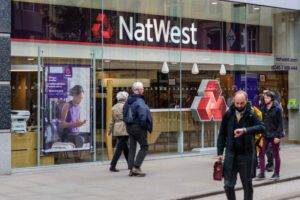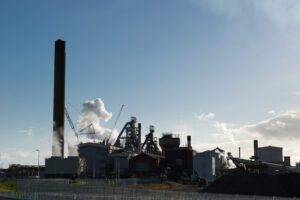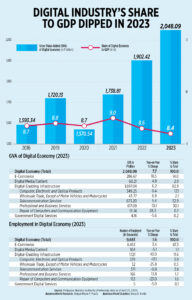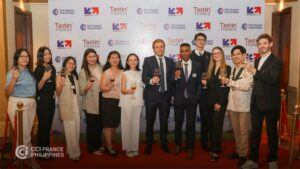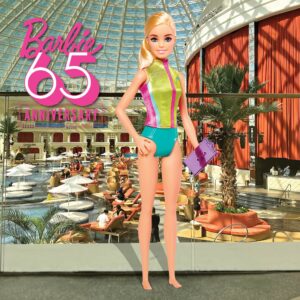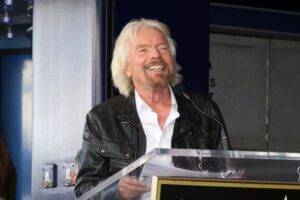Export markets like the European Union favor garments from countries that source their own textiles internally, to comply with Rules of Origin (ROO) regulations, exporters said.
As such, the government needs to help establish a commercial-scale textile factory to help supply wearables exporters, especially those shipping to the EU, according to Robert Young, trustee for the textile, yarn, and fabric sectors of the Philippine Exporters Confederation, Inc. (Philexport).
He said such a factory would be vital if the industry is to achieve its revenue target for the year of $1 billion.
“Just one will be enough; we have to quickly start something so that these foreign investors will follow suit,” he said. “Garments, once they’re there, can be a lifesaver to any economy, just like in Bangladesh, Vietnam, India, Laos, and Cambodia.”
Mr. Young, who is also the president of the Foreign Buyers Association of the Philippines, said that Philippine garments exported to the EU are subjected to a 12% or higher duty due to the strict ROO requirements.
“They (EU) prefer that the fabric we use is sourced from the Philippines. So this is one way of saying the Philippines has to produce its own fabric,” he said.
“Which, as everybody knows, is not possible because we do not have the textile industry in the Philippines right now to be used for these products for exports, and therefore, we have to import,” he added.
He said Philippine garments that enter the EU market are duty-free, as provided by the Generalized Scheme of Preferences Plus (GSP+). However, because of the ROO regime, Philippine garments that use imported fabric do not qualify for zero duty.
“Building a pilot factory to produce our own fabric or textile is thus imperative, especially as the revival of negotiations for the country’s bilateral free trade agreement (FTA) with the EU is expected to also prescribe the same ROO on textile usage for exported garments,” he added.
Last week, the EU and the Philippines announced the resumption of negotiations for an FTA after being halted in 2017 due to concerns raised by the EU over the policies of the former Philippine government. The FTA is expected to increase bilateral trade by 6 billion euros.
The Philippines participates in the EU’s GSP+, a special incentive arrangement for low- and lower-middle-income countries. It charges zero duty on 6,274 Philippine-made products.
Mr. Young said that due to the ROO, the industry only expects to hit 80% of its $1 billion revenue target for the year.
“We underperform now. How will we perform if we are not allowed to use imported materials? There is another way to use the imported material, but we have to buy from an FTA country that has a bilateral agreement with the Philippines. We have to look for these kinds of countries,” he said.
The EU currently accounts for 10% of the country’s export receipts of garments, textiles, and apparel, while the US remains the main export destination. Other top export destinations are Australia, Canada, and Japan.
“The industry group has been requesting the government submit a derogation letter to the EU to allow the country to use imported fabric and qualify for zero duty while the pilot factory is not yet built,” Mr. Young said. — Justine Irish DP Tabile
